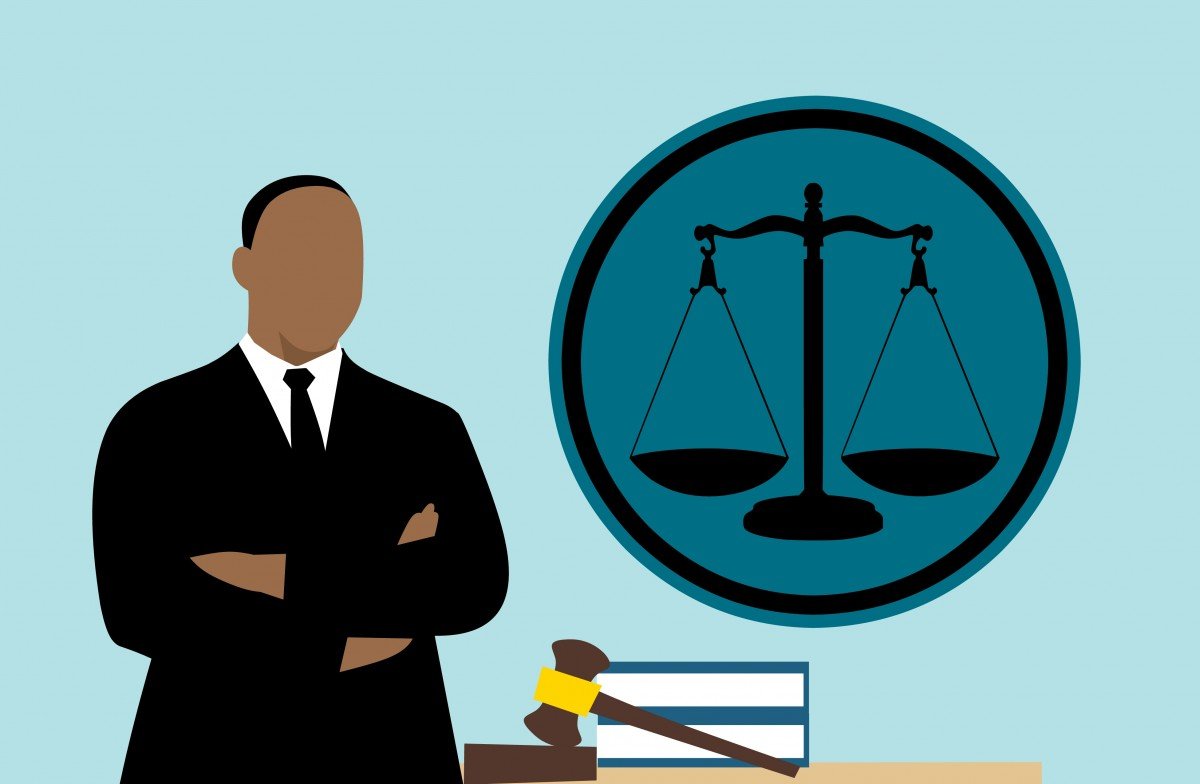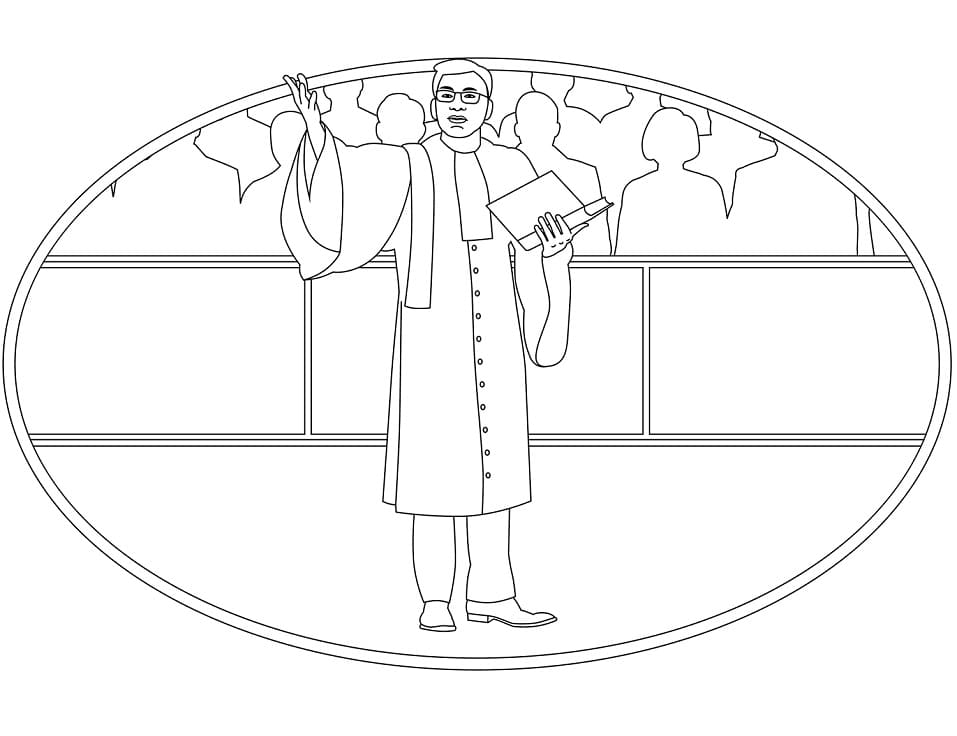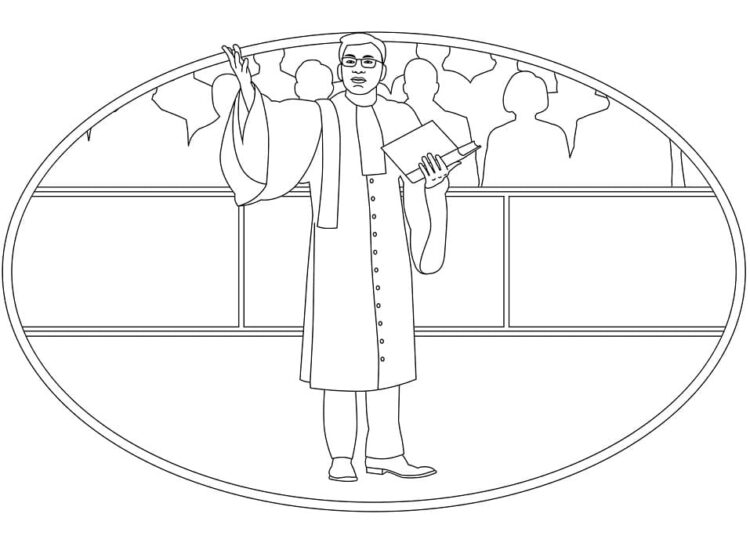Choosing the right law school is a pivotal decision that can greatly influence your career trajectory, especially in specialized fields like intellectual property (IP) law. While many prospective students often gravitate towards Ivy League institutions, a plethora of mid-tier and international programs offer exceptional training and career opportunities at a more affordable cost. This guide is designed to help students navigate the complex landscape of the best intellectual property law schools, ensuring they find the institution that best aligns with their aspirations.
Toc
- 1. Top Intellectual Property Law Schools in the USA
- 2. Leading Intellectual Property Law Programs in Europe
- 3. Experiential Learning and Career Services: A Critical Factor
- 4. Understanding the Undergraduate Preparation for IP Law
- 5. Choosing the Right School: Factors to Consider
- 6. Beyond the Classroom: Networking and Professional Development
- 7. Conclusion
- 8. Related articles 02:
- 9. Related articles 01:
Top Intellectual Property Law Schools in the USA
The United States boasts some of the leading intellectual property law schools worldwide, each offering diverse programs that cater to various interests and career paths. This section explores top IP law programs categorized by tier and specialization, providing a balanced perspective on their strengths and weaknesses.
Overview of Top-Tier Schools

Among the elite institutions, Harvard Law School consistently ranks as one of the best intellectual property law schools. Renowned for its comprehensive curriculum and distinguished faculty, Harvard offers courses covering trademark law, copyright law, and cyber law. Admission to this prestigious school is highly competitive, emphasizing academic excellence and relevant experience.
Pros:
- Extensive course offerings
- Access to leading experts in the field
- Strong alumni network
Cons:
- High tuition costs
- Intense competition for admission
Stanford Law School is another elite institution, particularly notable for its strong emphasis on technology law due to its proximity to Silicon Valley. The IP program at Stanford includes practical experiences through clinics and externships, making it an attractive option for students interested in tech-related legal issues.
Pros:
- Proximity to the tech industry
- Innovative course offerings
Cons:
- High living costs in the Bay Area
- Competitive admission process
Yale Law School stands out for its strong ties to the New Haven legal community, providing students with ample networking opportunities. Its IP program emphasizes interdisciplinary approaches, integrating technology and law, which is increasingly relevant in today’s digital landscape.
Columbia Law School benefits from its location in New York City, where students can engage with some of the world’s leading law firms and corporations. Columbia’s IP program is known for its robust curriculum that includes courses on patent law, copyright, and international IP law.
New York University (NYU) has a notable specialization in copyright and entertainment law, attracting students interested in media and the arts. The program is enhanced by renowned faculty members, such as Professor Jane Ginsburg, who is an authority in copyright law.
Pros of Top-Tier Schools:
- Comprehensive course offerings across multiple IP disciplines
- Access to distinguished faculty and extensive alumni networks
- Valuable networking opportunities in major legal and tech hubs
Cons of Top-Tier Schools:
- High tuition costs
- Intense competition for admission
Discussion of Mid-Tier and Rising Star Schools

Beyond elite institutions, several mid-tier law schools offer exceptional intellectual property programs that provide significant value. For instance, the University of Miami School of Law has gained recognition for its Startup Clinic, where students engage with real-world IP issues faced by emerging businesses.
Pros:
- Practical learning experiences
- Lower tuition compared to elite schools
Cons:
- Less name recognition than top-tier schools
The University of California, Berkeley, is known for its focus on technology and IP law, making it a compelling choice for students interested in this intersection. The diverse course offerings at Berkeley provide students with a well-rounded education in IP law, complemented by faculty expertise in technology law.
Pros:
- Strong emphasis on technology law
- Diverse course offerings
Cons:
- Limited resources compared to elite programs
Examination of Specialized IP Programs
Some law schools specialize in niche areas of intellectual property law, offering tailored programs that appeal to specific interests. For example, NYU’s robust curriculum in copyright and entertainment law is ideal for students looking to enter the media industry, while Yale’s focus on interdisciplinary studies prepares students for complex IP challenges.
Pros:
- Specialized curriculum tailored to specific interests
Cons:
- May lack breadth in other areas of IP law
When exploring the top 50 intellectual property law schools, it’s essential to recognize these specialized programs as valuable alternatives to more traditional IP law curricula.
Consideration of Location and Cost
When evaluating the best intellectual property law schools in the USA, location and cost are critical factors. Schools situated near major legal hubs or technology centers provide networking opportunities and internships that can significantly enhance a student’s career prospects. Additionally, understanding the financial implications of attending these schools is vital, as tuition can vary widely.
Leading Intellectual Property Law Programs in Europe
The search for the best intellectual property law schools extends beyond the United States, with numerous esteemed institutions in Europe offering exceptional programs. This section highlights some of the leading IP law schools in Europe and their unique strengths.
Overview of Top Programs in the UK

In the United Kingdom, University College London (UCL) and the University of Edinburgh are recognized for their strong intellectual property law offerings. UCL’s program emphasizes copyright and digital innovation, while Edinburgh focuses on the intersection of IP law and ethics.
Pros:
- Strong academic reputation
- Diverse international perspectives
Cons:
- Potentially higher tuition for international students
Additionally, prestigious institutions like Oxford and Cambridge provide comprehensive IP law education, contributing to the UK’s reputation as a leader in intellectual property studies.
Discussion of Strengths of European IP Law Programs
European IP law programs often emphasize international perspectives and comparative law approaches. For instance, Germany’s Max Planck Institute for Intellectual Property, Competition and Tax Law offers a unique focus on international IP issues, attracting students from around the globe.
Pros:
- Renowned faculty with global expertise
Cons:
- Language barriers for non-German speakers
A significant recent development in European IP law education is the impact of Brexit. This complex issue has led to changes in educational programs, particularly in how IP law is taught concerning EU regulations. Programs are increasingly focusing on the implications of the separation from the EU, preparing students for the new legal landscape.
When considering the best intellectual property law schools in Europe, it’s crucial to evaluate the unique strengths of each program and how they align with your career aspirations.
Global Perspectives on IP Education
Other noteworthy international institutions include the National University of Singapore , which is known for its innovative approach to IP law within the context of Asian markets, and the University of Melbourne in Australia, which provides a well-rounded IP curriculum.
Pros:
- Unique perspectives on IP law in different cultural contexts
Cons:
- Varied recognition depending on region
These programs contribute to the best intellectual property law schools in the world, offering students diverse educational experiences that prepare them for global careers in IP law.
Experiential Learning and Career Services: A Critical Factor
When choosing from the best intellectual property law schools, the importance of experiential learning and career services cannot be overstated. This section emphasizes the critical role these elements play in a law school’s overall value.
Importance of Practical Experiences
Participating in clinics, externships, and internships is vital for developing practical skills and building professional networks. Schools that offer strong experiential learning opportunities allow students to apply their knowledge in real-world settings. For instance, the University of Miami’s Startup Clinic provides students with direct engagement in IP cases, enhancing their practical experience.
The growing importance of Intellectual Property clinics focusing on pro bono work and public interest IP is also noteworthy. Schools like Harvard Law School have established programs that allow students to assist nonprofits with their IP needs, providing invaluable real-world experience while serving the community.
Role of Career Services
Effective career services can significantly influence post-graduation employment opportunities. Schools with active career placement offices and engaged alumni networks tend to have better job placement rates. This connection is particularly important for aspiring IP lawyers, as many top IP law firms actively recruit from leading law schools.
Examples of Successful Alumni
Highlighting successful alumni from various schools can provide insight into the potential career paths available to graduates. Many top intellectual property law firms seek out graduates from prestigious programs, underscoring the importance of choosing the right school.
Understanding the Undergraduate Preparation for IP Law
Prospective students often wonder about the ideal undergraduate preparation for attending the best intellectual property law schools. While a specific undergraduate degree is not mandatory, certain fields can provide a strong foundation for a career in IP law.
Ideal Undergraduate Background
Fields such as business, engineering, or the arts can be particularly beneficial for aspiring IP lawyers. These disciplines often provide relevant skills and knowledge that can enhance a student’s understanding of intellectual property issues. Additionally, the growing importance of data science and computer science backgrounds is notable for students interested in technology-related IP law, especially in areas like artificial intelligence and software patents.
Importance of Extracurricular Activities
Engaging in extracurricular activities, research experiences, and internships during undergraduate studies can further strengthen a student’s application to law school. Additionally, preparing for the LSAT and law school applications is essential for prospective students aiming for top-tier programs.
Choosing the Right School: Factors to Consider
Selecting the best intellectual property law school requires careful consideration of several factors. This section provides a comprehensive checklist to guide students through the decision-making process.
Curriculum and Faculty Expertise
Investigating the curriculum is essential. Look for schools that offer a diverse range of IP courses, including patent prosecution, trade secret law, and international IP law. It’s also important to examine the faculty’s publications and practical experience in these areas, ensuring that the school is equipped to provide a comprehensive education in IP law.
Location and Proximity to Major Legal Hubs
Consider the location of the law school and its proximity to major legal hubs or technology centers. Schools located in these areas can offer additional networking opportunities and internships, enhancing the overall educational experience.
Cost of Attendance and Financial Aid Opportunities
Understanding the cost of attendance and exploring financial aid options is critical for prospective students. Comparing tuition rates and available scholarships can help students make informed decisions about their education.
School Culture and Overall Learning Environment
The culture of the law school can significantly impact a student’s experience. Assessing the school’s environment and how it aligns with personal learning styles and career goals is essential for finding the right fit.
Beyond the Classroom: Networking and Professional Development
Networking and professional development opportunities offered by different law schools play a crucial role in shaping a successful career in intellectual property law. This section discusses the importance of these opportunities.
Alumni Networks and Career Advancement
Strong alumni networks can greatly influence career advancement for graduates. Engaging with alumni can provide valuable connections and insights into the job market.
Conferences and Workshops
Participating in conferences, workshops, and other events hosted by law schools can enhance students’ learning experiences and provide networking opportunities with professionals in the field.
Collaboration Opportunities
Opportunities for collaboration with faculty and fellow students can also enrich the educational experience. Building relationships with professors and professionals in the field is essential for developing a successful career in IP law.
Conclusion
Choosing the best intellectual property law school is a significant decision that will shape your career trajectory. By carefully considering the factors discussed in this article—from curriculum and faculty expertise to experiential learning and career services—you can make an informed choice that aligns with your aspirations. Remember to research each school thoroughly, visit campuses if possible, and talk to current students and alumni to gain a comprehensive understanding of the program and its potential benefits. As you embark on your law school journey, keep in mind that success in IP law depends not only on the prestige of the institution but also on individual effort, networking, and practical experience. Good luck!
1. https://linhtranggroup.com/mmoga-finding-the-best-accident-lawyer-in-los-angeles/
3. https://linhtranggroup.com/mmoga-finding-the-best-traffic-ticket-lawyer-protecting-your-future/









